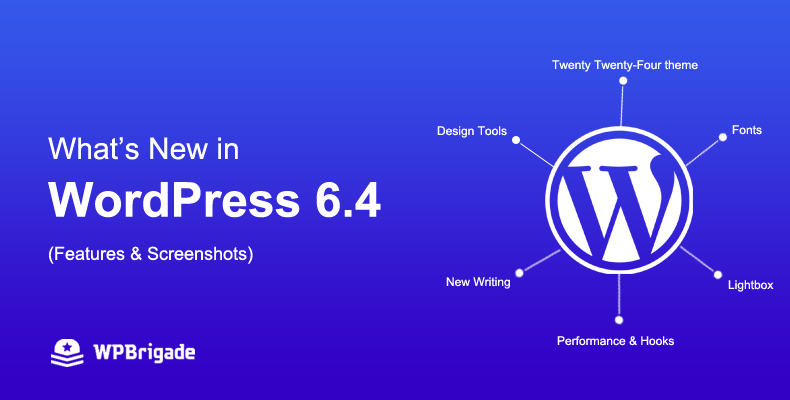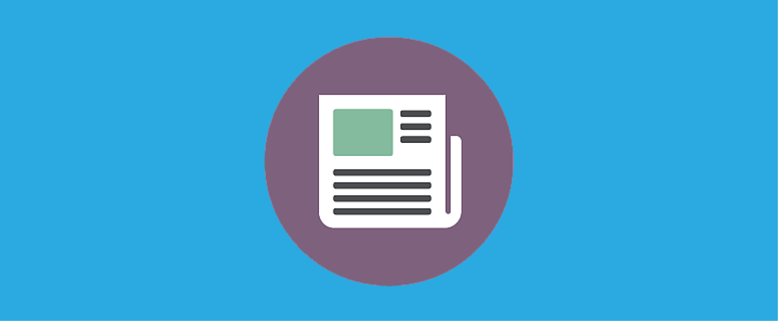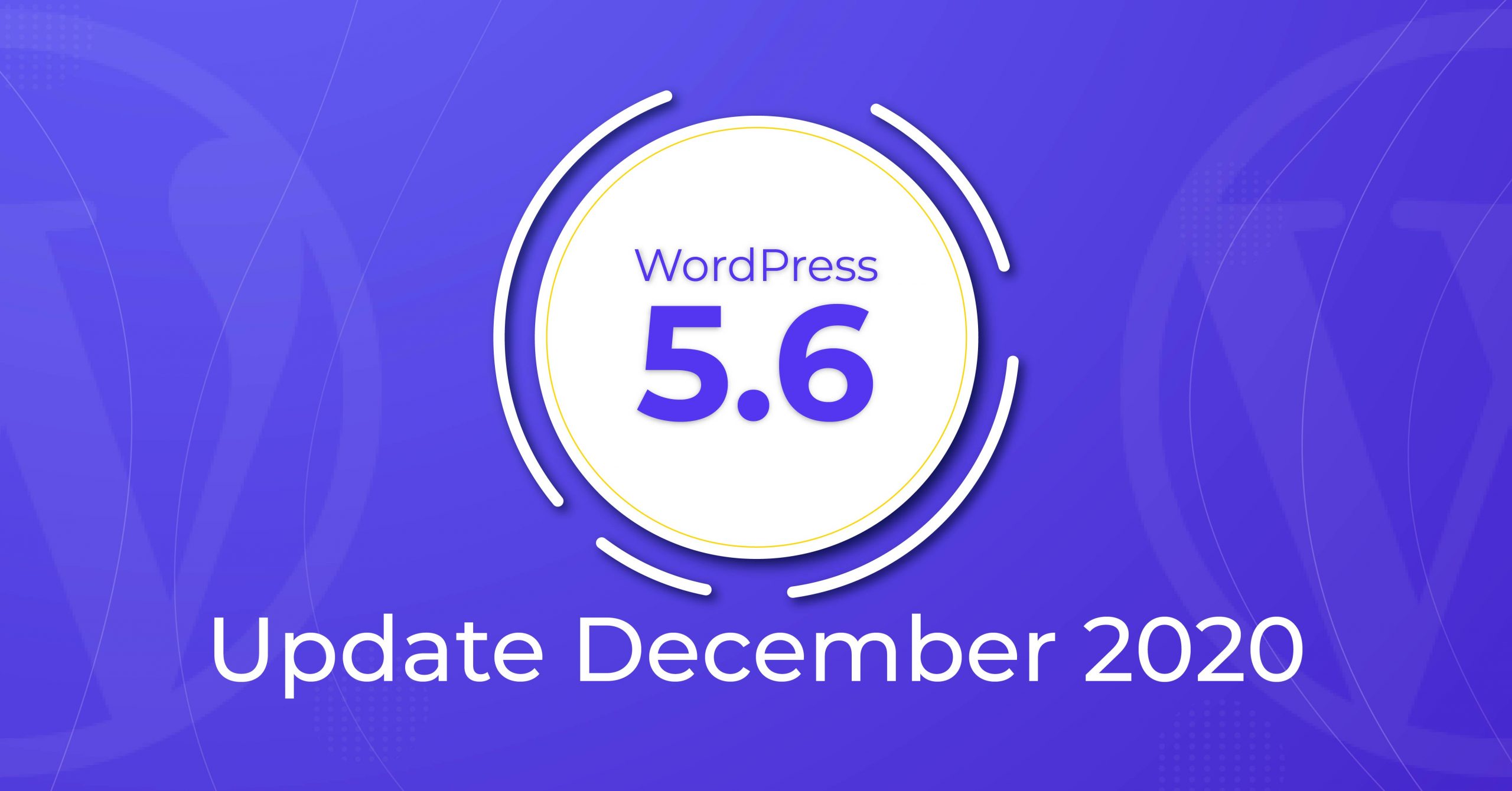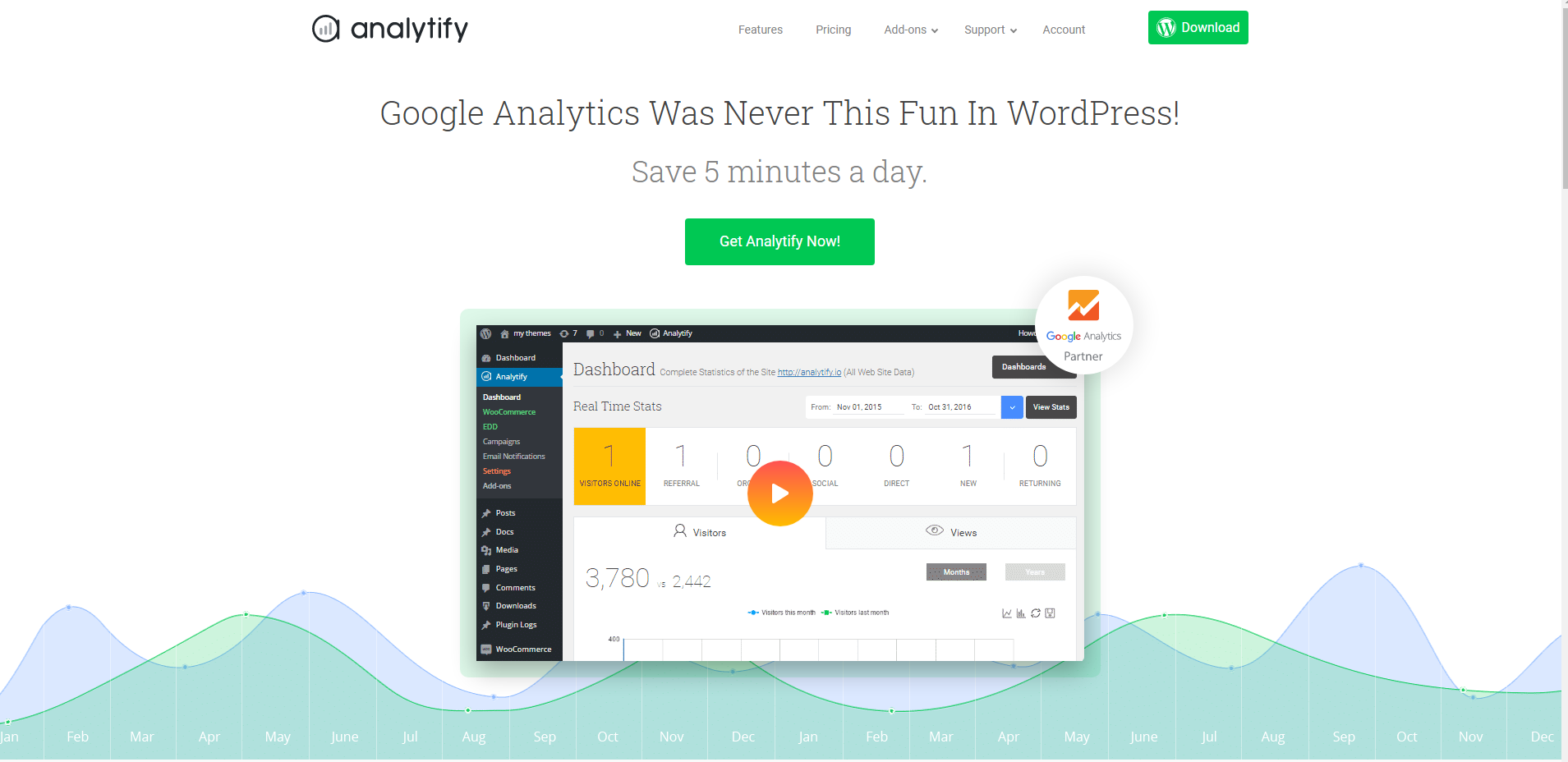-
Last updated on September 11th, 2025 by Editorial Team
What’s New in WordPress 6.4 (Features & Screenshots)
WordPress is the best Content Management System (CMS) and the leading platform worldwide, with a 43.3% market share. This is due to its user-friendly interface, beginner-friendly platform, and high level of security. Additionally, there are numerous WordPress themes and plugins available, making it easy for users to manage their websites. This is achieved through regular
-
Last updated on September 11th, 2025 by Editorial Team
Why You Should Be Using WordPress for Ecommerce
It is the fact and known to all users that WordPress was mainly created as a blogging platform so that they can provide a new platform for the bloggers to take their views online and gain some revenue. As the competition raises the demand for WordPress grows thus over the years, the WordPress platform was
-
Last updated on September 11th, 2025 by Editorial Team
WordPress 5.6 “Simone” Update December 2020
WordPress 5.6 “Simone” Update December 2020 will make the jQuery Helper plugin useless which means that some websites may break again. Here, we are going to discuss the WordPress 5.6 “Simone” Update December 2020. WordPress 5.5 update was released in August 2020 and after the update, millions of websites across the Internet were broken. Now,
-
Last updated on September 11th, 2025 by Editorial Team
5 Best Google Analytics WordPress Plugins
How do you know about, what’s happening on your WordPress website? Do you even know which post got the most visitors? Which author is most popular in your audience? Or Do you even know which type of content your audience love to read on your website or what other content needs to be published on




